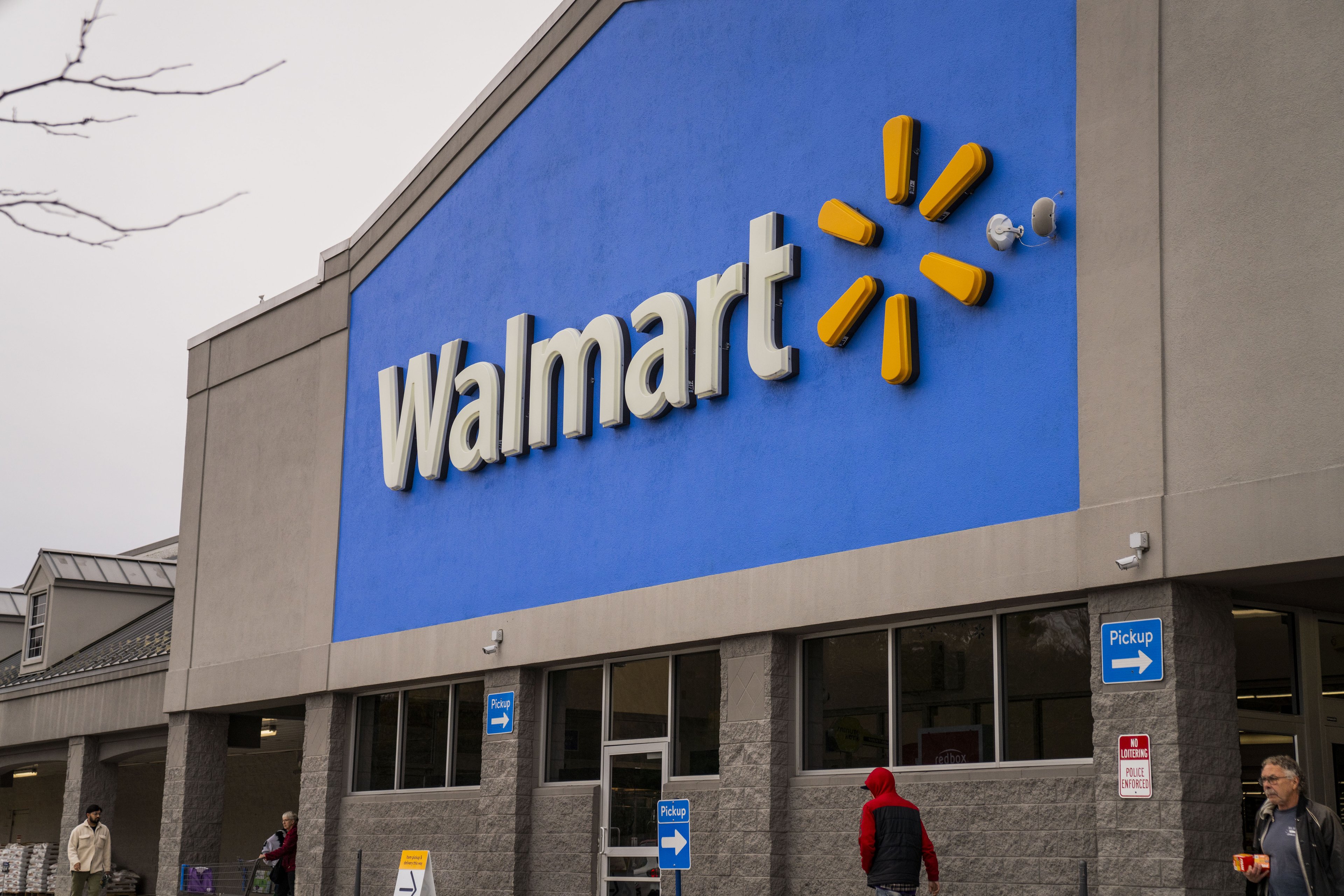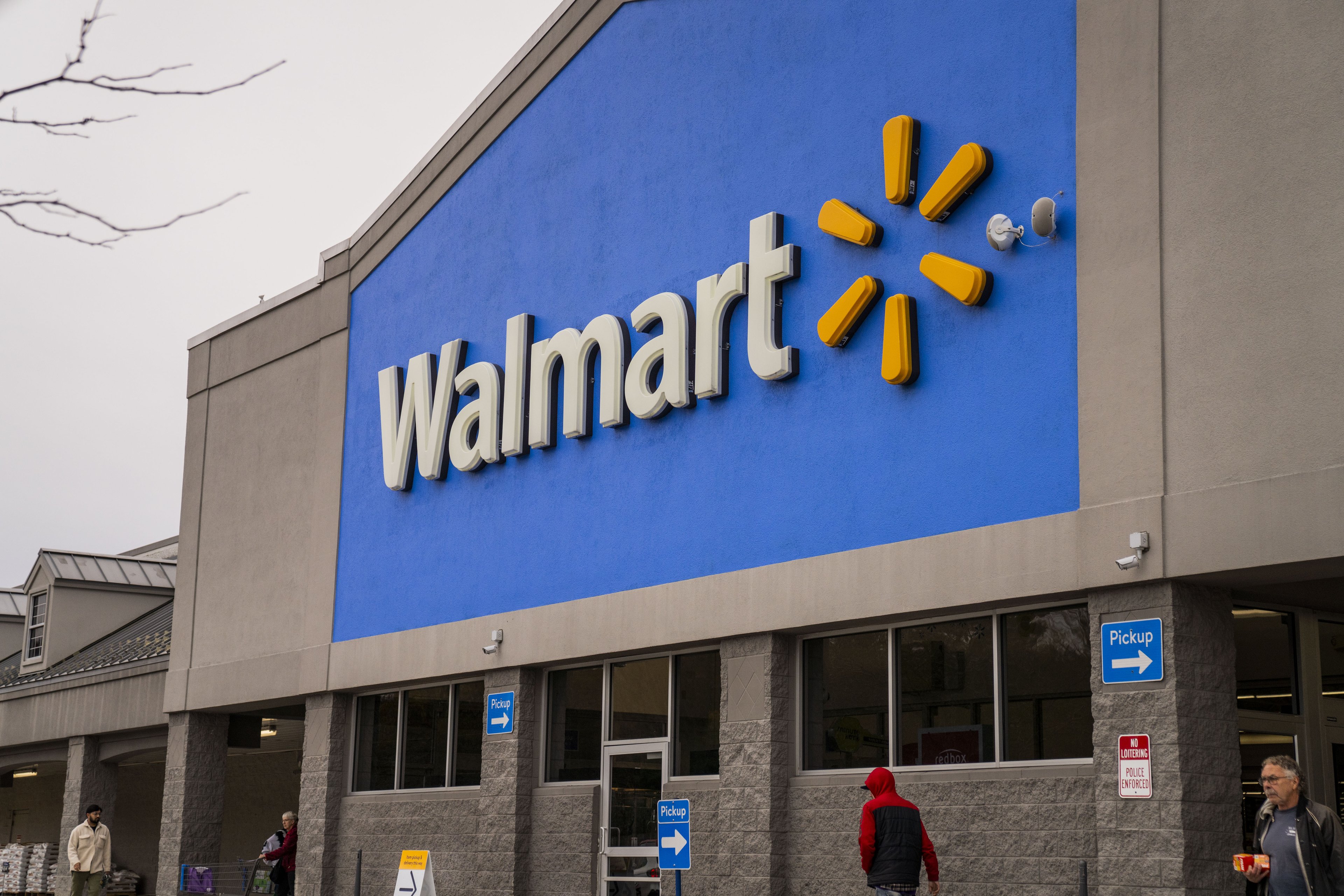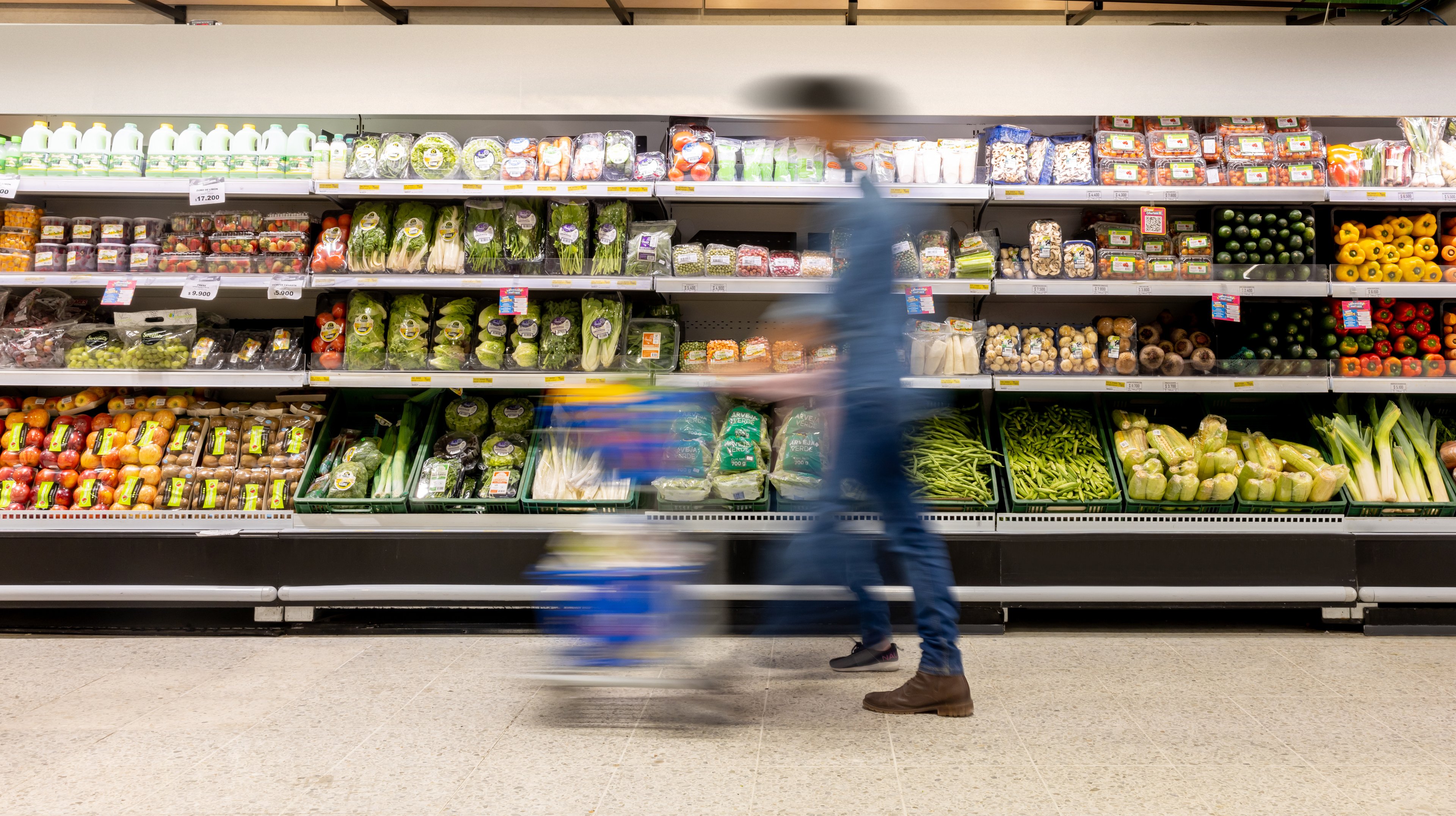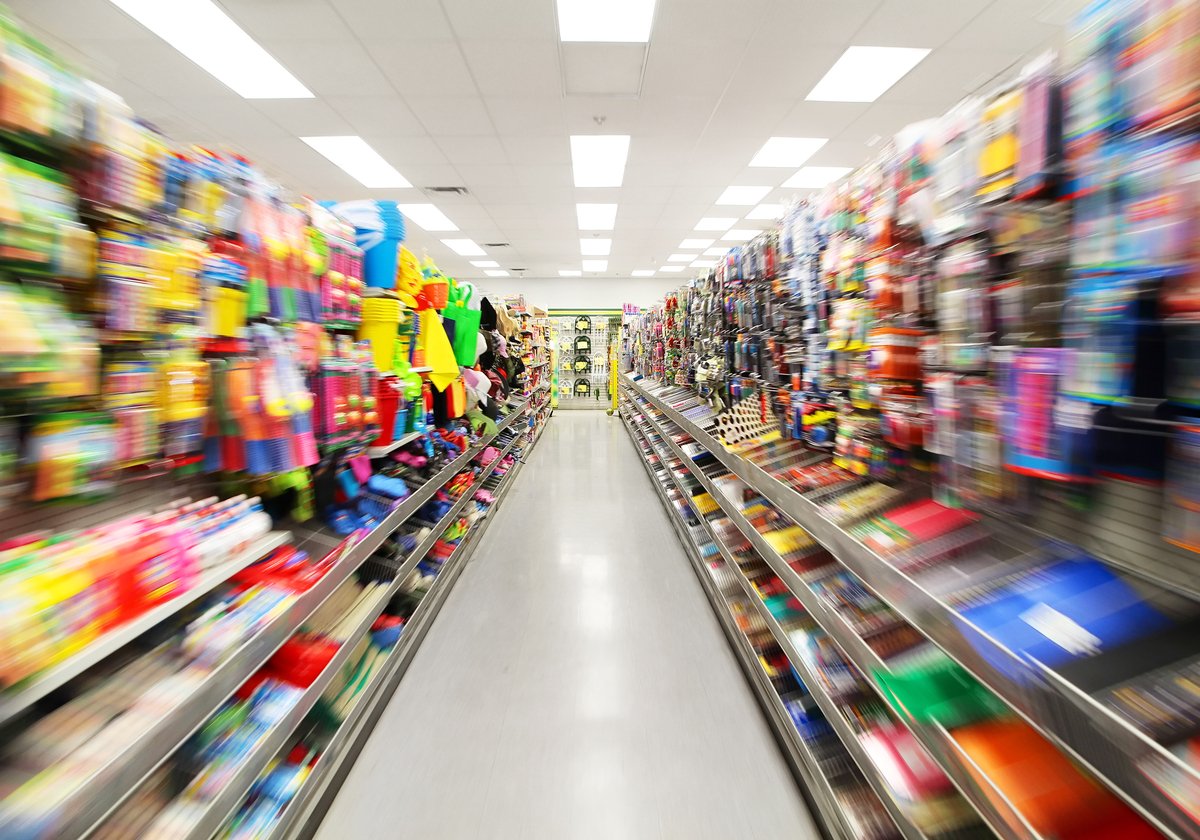For a country in which food quality is already suspect, it's probably not much of a surprise that China is suffering though yet another bout of tainted goods. The fact that it involves Wal-Mart (WMT +0.64%), however, which takes care to preserve its reputation as a quality retailer, could jeopardize the company's expansion plans there.
The world's largest retailer recalled donkey meat snacks sold in some stores because it was found to contain the DNA of other animals, namely fox. Donkey meat in China is considered a delicacy, and since fox meat is cheaper, it was likely seen as a way to cut costs and corners.
While Chinese consumers are leery of domestic suppliers for many groceries after dairy, infant formula, toothpaste, dog food, and a slew of other products were contaminated by chemicals and additives that had no place in the food chain -- melamine and antifreeze, anyone? -- U.S. and other international food companies have capitalized on the situation. However, as the dairy scandal with Australia's Fonterra shows, they're not immune either.
Yum! Brands' KFC operations in China were also devastated after it was revealed that unapproved levels of antibiotics, and a drug used to treat Parkinson's disease that's banned for use in food, were given to its chickens. Couple that with an outbreak of avian flu, and the restaurant chain has issued a depressing string of monthly same-store sales numbers showing Chinese customers flying the coop.
Worse, though, for international retailers and suppliers would be if the opinion took hold that they were trying to exploit Chinese consumers. Along with Fonterra, Nestle, Danone, Abbott Labs, and Mead Johnson Nutrition were recently slammed with allegations of price-fixing in the baby formula market, purportedly colluding to raise prices by as much 30%. While it could be a case of supply and demand, the fact that Nestle and Danone immediately agreed to cut prices suggests there may have been some funny business going on.
Still, demand is growing unabated, with the market analysts at Euromonitor contending that, not only has China's total dairy consumption grown at a 10% compounded annual rate over the last five years, but premium dairy product consumption has nearly doubled to 19% from 10%. That opportunity has investment firm KKR investing in the industry through a partnership with private equity firm CDH Investments, and the country's largest dairy farmer, Modern Dairy, to provide premium raw milk to Chinese consumers.
According to Reuters, the Institute of Grocery Distribution says the Chinese food and grocery market is a $1 trillion industry that's expected to grow to $1.5 trillion by 2016. With Wal-Mart planning to expand its presence in China by opening 110 new stores in the next few years, its food fight doesn't do the company -- or anyone else -- any good.
China tends to be pretty harsh in meting out justice on company executives found guilty of tainting the food supply. It executed the former head of its food and drug agency for taking bribes to speed up drug approvals, and sentenced to death those involved in the melamine milk powder scandal. Wal-Mart says the executives of the donkey meat supplier have already been placed under criminal detention.
While I probably wouldn't want to be in their shoes, Wal-Mart isn't in such a great spot now, either. Its market share in China has fallen from 7.5% to 5.2%, and with the country accounting for some 30% of its $470 billion in annual sales, it can't afford such hits to its reputation.
It used to be that "Made in Japan" was a euphemism for shoddy products, though that perception largely changed to become one of a sign of quality. China-made goods also seem to need a warning label attached to them these days, but it would be a shame if products sold by U.S. retailers there ended up having Chinese consumers asking if it's worth the risk of buying them.






